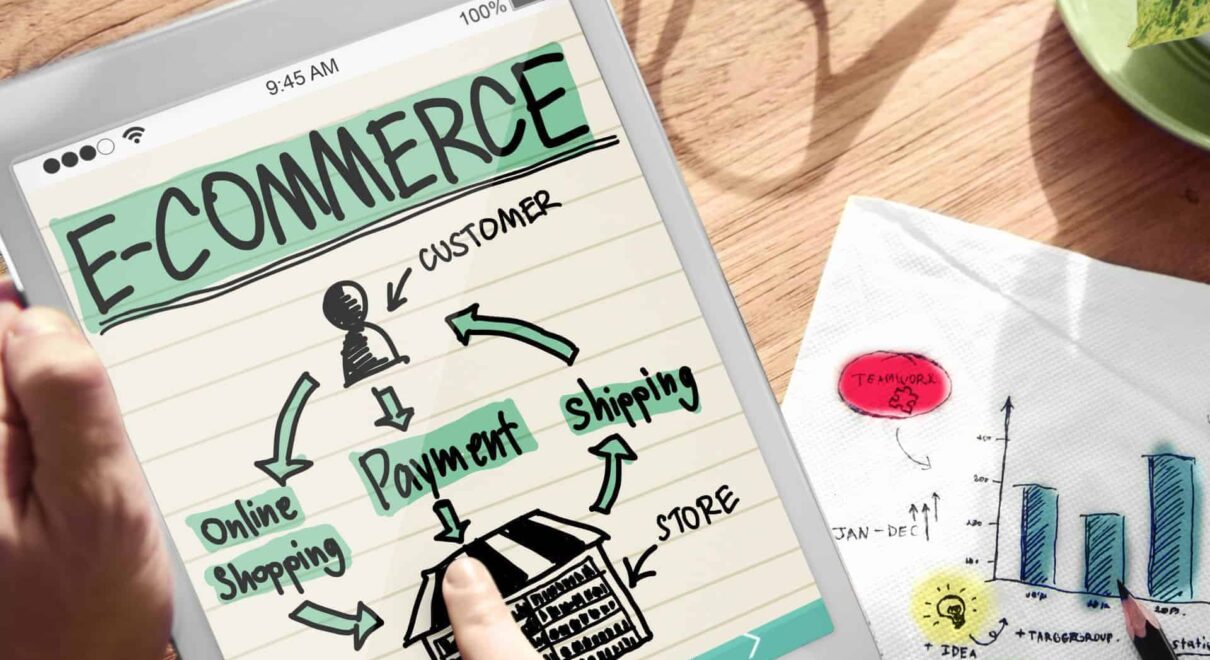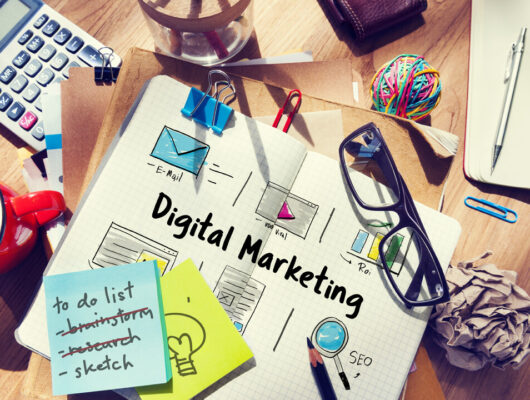Email marketing remains one of the most powerful tools in the arsenal of e-commerce businesses. It allows companies to reach their audience directly, deliver personalized content, and drive sales.
In this article, we’ll explore the importance of e-commerce email marketing and provide strategies to harness its potential for your online store.
The Significance of E-commerce Email Marketing
- Direct Customer Engagement: Email marketing offers a direct line of communication with your audience. When customers willingly subscribe to your emails, they express interest in your brand and products, making them more receptive to your messages.
- Personalization: E-commerce email marketing allows for personalization at scale. You can segment your email list based on customer behavior, preferences, and purchase history, tailoring messages to each group.
- Sales and Revenue: Well-executed email marketing can drive sales and revenue. You can promote products, announce sales, and provide exclusive discounts to encourage purchases.
- Customer Retention: Email marketing plays a pivotal role in customer retention. You can keep existing customers engaged and informed about your latest offerings, ensuring they return to your store.
- Data Insights: Email marketing provides valuable data and insights into customer behavior. You can track open rates, click-through rates, and conversion rates, using this data to refine your strategies.
Strategies for Effective E-commerce Email Marketing
- Build a Quality Email List: Start by building a high-quality email list with engaged subscribers. Use opt-in forms on your website, run campaigns to attract sign-ups, and ensure you have the consent of your subscribers.
- Segment Your List: Segment your email list based on factors like purchase history, browsing behavior, and demographics. This allows you to send more relevant and personalized content to different customer groups.
- Welcome Series: Create a well-crafted welcome series for new subscribers. Send a series of emails that introduce your brand, highlight your best products, and establish a connection with the new subscriber.
- Abandoned Cart Emails: Implement abandoned cart recovery emails to recapture potential sales. Send timely reminders to customers who have added products to their cart but haven’t completed the purchase.
- Personalized Product Recommendations: Use customer data to offer personalized product recommendations. Highlight products that align with each customer’s interests and past purchases.
- Exclusive Offers and Discounts: Reward your email subscribers with exclusive offers, discounts, or early access to sales. Make them feel valued and appreciated.
- Engaging Content: Mix promotional emails with informative and engaging content. Share product guides, how-to articles, and industry news to keep subscribers interested.
- Mobile Optimization: Ensure that your email templates are mobile-responsive. With a growing number of people checking their emails on mobile devices, your emails should display correctly on all screens.
- A/B Testing: Continuously test different email elements, such as subject lines, copy, images, and calls to action. A/B testing helps identify what resonates best with your audience.
- Automated Workflows: Set up automated email workflows for various customer interactions, such as post-purchase follow-ups, product recommendations, and re-engagement campaigns.
- Customer Feedback: Encourage customer feedback and reviews through email. Reviews and testimonials can build trust and social proof.
- Personalized Re-engagement Campaigns: Target inactive subscribers with personalized re-engagement campaigns to win back their interest and remind them of your value.
- Measure and Optimize: Regularly analyze your email marketing performance and use the data to make informed decisions for optimization. Focus on improving open rates, click-through rates, and conversion rates.
In conclusion, e-commerce email marketing is a powerful tool for businesses looking to boost sales, engage with customers, and build long-lasting relationships.
By focusing on building a quality email list, segmenting your audience, and delivering personalized, engaging content, you can harness the full potential of email marketing and drive growth for your e-commerce store.






